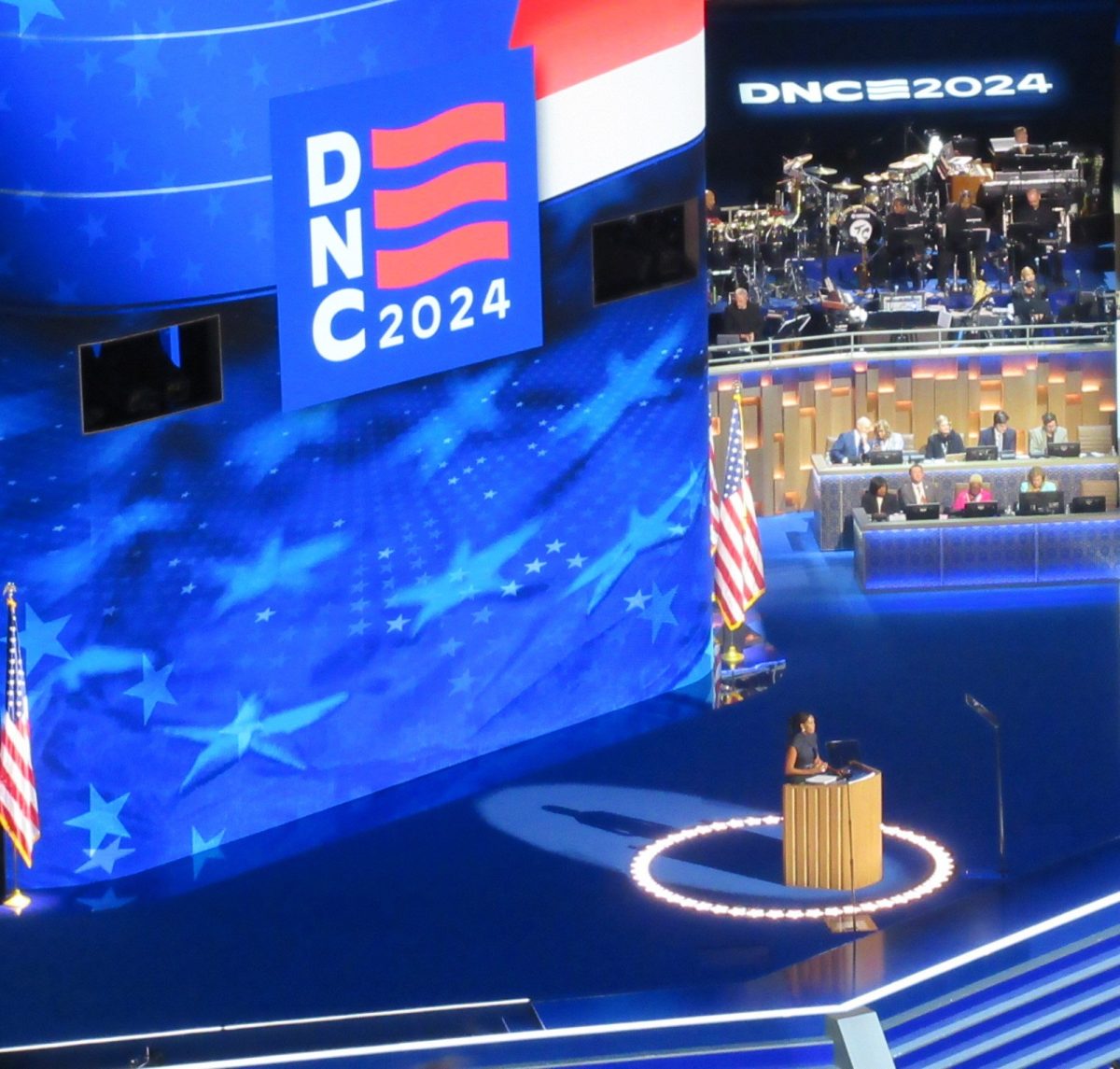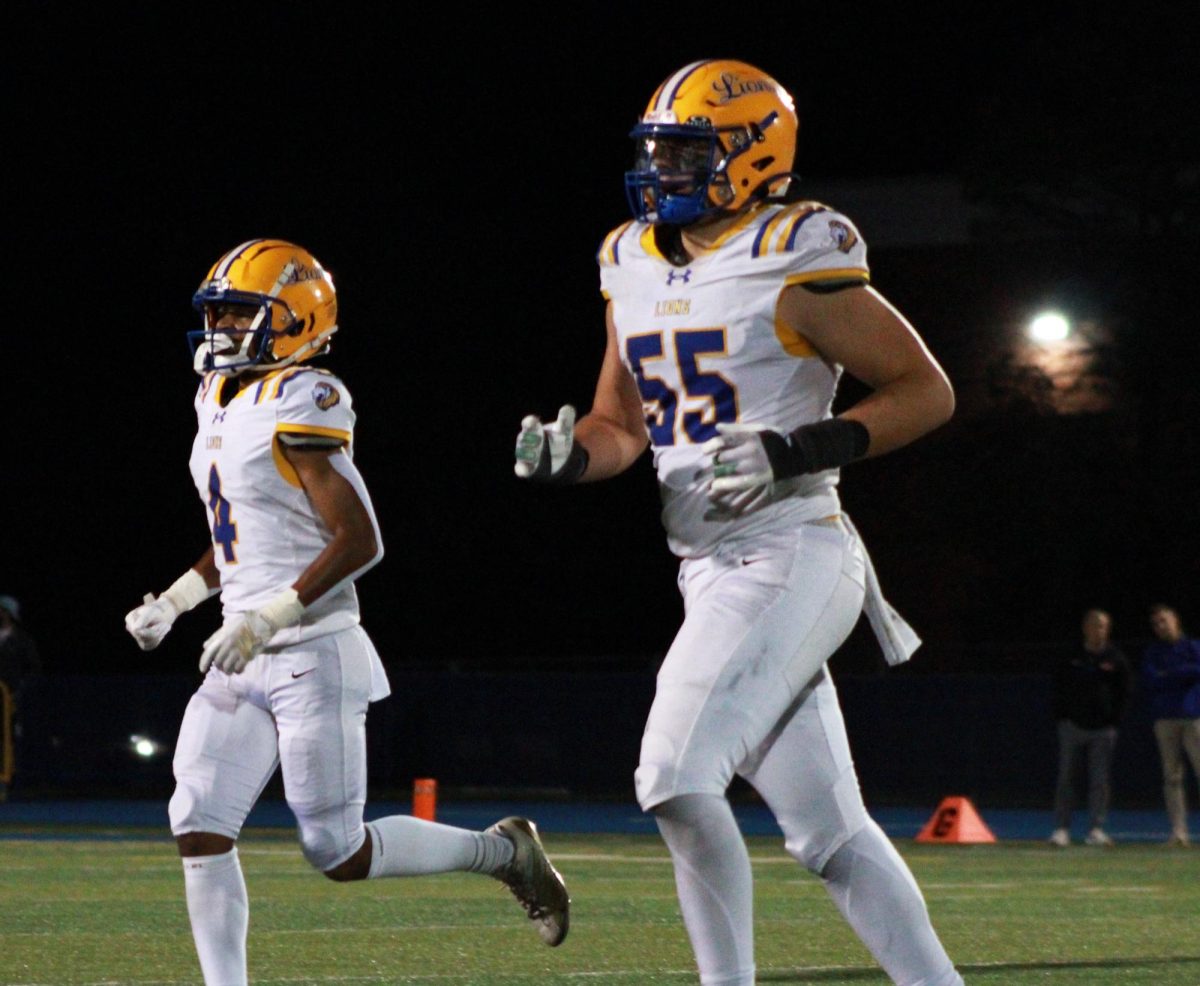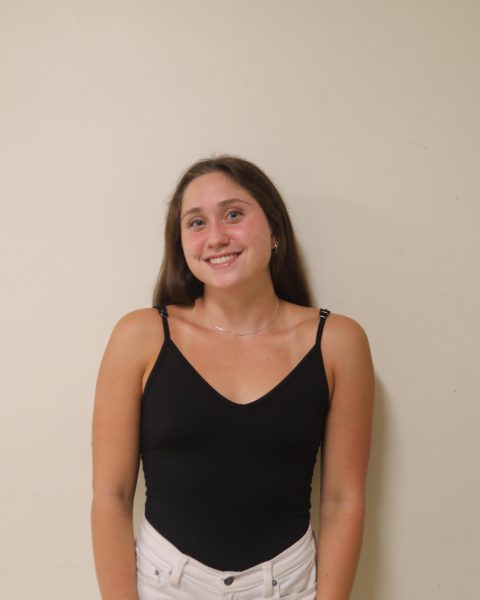From Aug. 19 to Aug. 22, 2024, the Democratic National Convention (DNC) was held at Chicago’s United Center and McCormick Place. The convention officially recognized Vice President Kamala Harris and Minnesota Governor Tim Walz as the Democratic party’s nominations for president and vice president. For the first time since 1996, the DNC returned to Chicago, bringing many influential political figures from both parties.
According to Our World In Data, the voting block of 18-29 year olds are the least present in the polls, with only 43.4% voting in the 2016 election. This DNC attempted to engage young voters in many different ways, including inviting 200 content creators to attend and by including a friendship bracelet making station at the convention.
Two LION newspaper reporters attended two out of the four nights of the convention inside the United Center. Below are the perspectives from various sources they interviewed about their views on the Democratic party’s attempts to engage youth in the upcoming election.
Janice Jackson, Former Superintendent of Chicago Public Schools
After three and a half years as Superintendent, Jackson currently works as the Chief Executive Officer for Hope Chicago, a non-profit organization focused on funding the education of Chicago Public School graduates. She attended this year’s convention as a donor. Jackson’s experience in education informed her perspective on youth in the upcoming election.
“I’m a former history teacher, and what I know is nothing has ever changed unless the youth rise up,” Jackson said.
Many youth voters are activated by single issues that determine how they vote, she said. Those who can vote should research issues and prepare themselves to choose a candidate.
“Many youth have been activated around issues that they care about, whether it’s the unrest in the Middle East or quality of life issues,” Jackson said. “They’ve been demanding that they have a real choice.”
Olivia Troye, former Trump Administration Member
Troye is the former Trump White House National Security Official and Homeland Security and Counterterrorism advisor to former Vice President Mike Pence. In August 2020, she resigned from her position and began to endorse President Joe Biden. Currently, she is a member of the Republicans for Harris Coalition.
“[Young voters need to] tell all of [their] friends to vote,” Troye said. “We cannot sit this one out. … Look at the future and decide what vision and future it is that you want.”
Students not yet of voting age should start to volunteer and intern on political campaigns to start building connections for the future, Troye said. She encourages the world to promote civics to younger generations.
“[The current generation] will not behave the way my generation apparently is behaving right now,” Troy said. “I actually have a lot of hope in you all, watching all of you, and I think that you guys will pave a better path.”
Sol Street, Co-Founder of the Meteor, a gender equity media company
Sol Street attended the convention to support the Meteor, which is a media company that creates and amplifies stories that detail women’s and non-binary individuals’ lived experiences. The Meteor partnered with Emerge, an organization focused on supporting female democratic candidates, and hosted a power lounge on Aug. 21 at the convention. Speakers included representatives and actresses, all speaking to their experience and political views. Street spoke about the power of the media and the role youth plays in politics.
“The power of the internet has allowed for everyone’s voices to be heard,” Street said. “You don’t know how old these people are behind these accounts, and clearly the elected officials listen. …People are responding to people on the ground that remind them of themselves, and the whole base of leadership in our country and in the world is drastically changing.”
Many supporters of controversial issues now have an amplified voice due to social media and are using their platforms to influence political decisions, she said. Social media makes it much easier for youth to get involved in politics.”
“It’s really easy to become disappointed and decide that you don’t want to participate in electoral politics when really the better answer is you should be running them,” Street said.
Doug Jones, Former Alabama Senator and Delegate
Jones represented Alabama from 2017-2020, elected during a special election following the resignation of former Senator Jeff Sessions. He faced Republican Roy Moore, who was accused of misconduct a month before the election. He won by a margin of 22,000 votes (50%-48%) and was the only statewide elected Democrat at the time. Currently, he is a delegate for Harris in the state of Alabama.
Jones said that it’s important for youth to ask themselves what they believe will determine their future. He acknowledges that factors like education and individual choices are important, but elected officials will also play a large role.
“You need to have a stake in that,” he said. “You need to have a role in that.”
For those who cannot vote, preparing themselves for future elections by educating themselves on candidates and issues is vital, he said. He encourages those youth to prepare themselves in any way they can to prepare for when they are of voting age.
“The vote is the most important thing anybody can do right now for the future of this country and themselves,” Jones said.
Tommy Vietor, former National Security Spokesperson and Pod Save America Host
Vietor worked with former President Barack Obama from 2004 to 2013. During that time, he served as Assistant White House Press Secretary and National Security Spokesperson until he left the White House in 2013 to pursue screenwriting. Following the 2016 election, he and two other former Obama administration members founded the “Pod Save America” podcast.
“If you can’t vote, you can still volunteer,” Vietor said. “And every campaign is desperate [for volunteers]. This election is one of many to come, and those who are not yet of voting age have an especially long game ahead of them,” Vietor said.
Vietor has lots of experience with young high school students who can vote. During his time with Obama, he recruited high school students in Iowa, who he nicknamed “Barack Stars.”
“Those kids made a huge difference for us, and they turned out, and they caucused, and they’re part of the reason why we won,” Vietor said.
Vietor objected to the negative stereotype of getting involved in politics. Young voters need to go to the polls because their votes do matter, he said.
“Getting involved in politics does not have to be a slog; it does not have to be negative and nasty,” Vietor said. “It can be about getting together with your friends and building something together and doing something inspiring and changing the world.”
Tom Perez, Biden Administration Member
Perez currently serves as Senior Advisor and Assistant to the President and Director of the White House Office of Intergovernmental Affairs. During Perez’s extensive career, advancing Civil Rights has always been at the forefront. His role as Director of the Office for Civil Rights in the U.S. Department of Health and Human Services spanned from 2000 to 2001. According to Former President Barack Obama’s White House staff page, following this role, Perez was nominated by Obama for the role of Secretary of Labor and was subsequently sworn in on July 23, 2013.
Perez’s focus on youth engagement is highlighted by his support for using social media as a platform for campaigning. He mentioned content creator Carlos Espina, an immigrant from Uruguay, who spoke at the convention on Wednesday night. Espina is active on both Instagram and TikTok to 14 million followers, where he speaks to the Latino community about critical issues.
“You’ve never seen more digital creators at a convention because you’ve got to meet people where they are and where they consume their news,” Perez said.
Perez spoke of his personal experience at Brown University as a pell grant kid, and that it saved him “from a world of hurt.”
“We want to make sure that young people can have access to [education],” Perez said. “Not just young people from means, but everyone.”
Perez recognized issues that youth voters care specifically about. He highlighted the dangers of mass shootings, the importance he places on reproductive freedom, and the dangers of climate change. The issue of climate crisis is an issue that has long motivated young people, exemplified by the worldwide school walkout, Global Climate Strike for Future on March 15, 2019. Perez recognized the issue doesn’t just impact himself and his generation.
“Climate change is existential, and I’m a little older than you are. Okay? And this is going to be your planet. It already is,” Perez said.
Ashley Jackson, Content Creator and daughter of civil rights leader Jesse Jackson
Jackson (@ashleylavernejackson) was one of the 200 content creators at the DNC this year. She has amassed 28,000 followers on Instagram and discusses various political issues on her page. She is the daughter of Civil Rights leader Jesse Jackson, a shadow senator, a senator from a district without a vote, for the District of Columbia.
“The use of social media in this particular campaign has done wonders,” Jackson said. “Two hundred people get to reach their platforms on the ground and share with their audiences what’s happening here in real-time; it’s really powerful.”
Those 17 and younger should never give up hope, Jackson said. Youth still have opportunities to get involved by volunteering, phone banking, mobilizing and sharing information on social media to prepare themselves for when they can vote.
“Turn that stress into voting power,” Jackson said. “Go to the polls, become poll workers, activate your communities, tell your friends, go vote.”
Don, Benji, and Cal Calli
“[Other youth should] get engaged in any way you can and try and be impactful,” 15-year-old Cal Calli said.
Calli, along with his father, Don, and brother Benji (12), attended this year’s DNC as volunteers. C. Calli worked to help the DNC run smoothly and make sure everything went according to the plan as a suite runner.
“People’s voices need to be heard in the votes,” B. Calli said, “If people’s voices aren’t heard then their rights aren’t … and that won’t be good.”
“I thought it was important that they saw it, a historic convention,” their father, D. Calli, said. “Start [them] young to understand what it takes for democracy to work.”

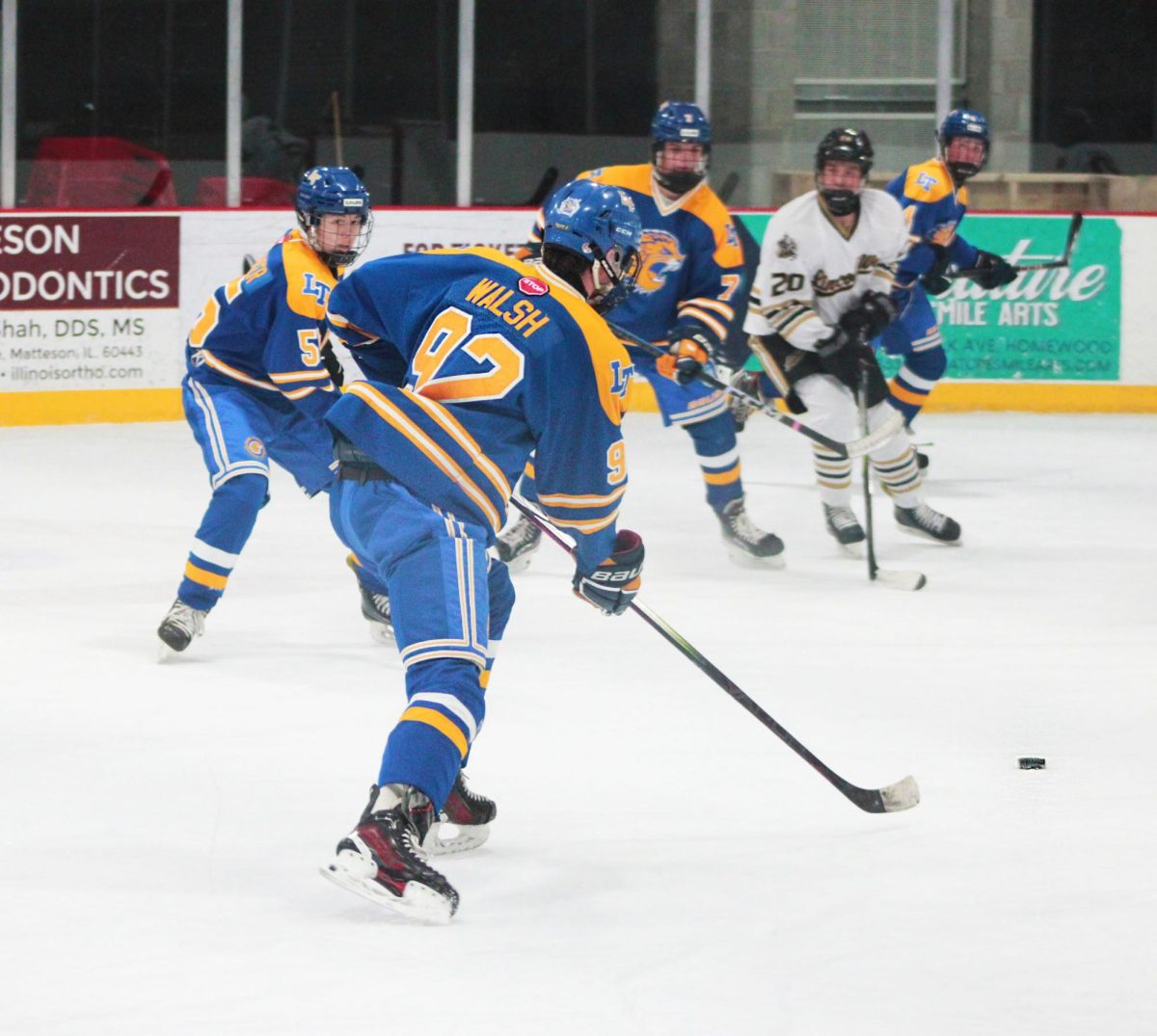
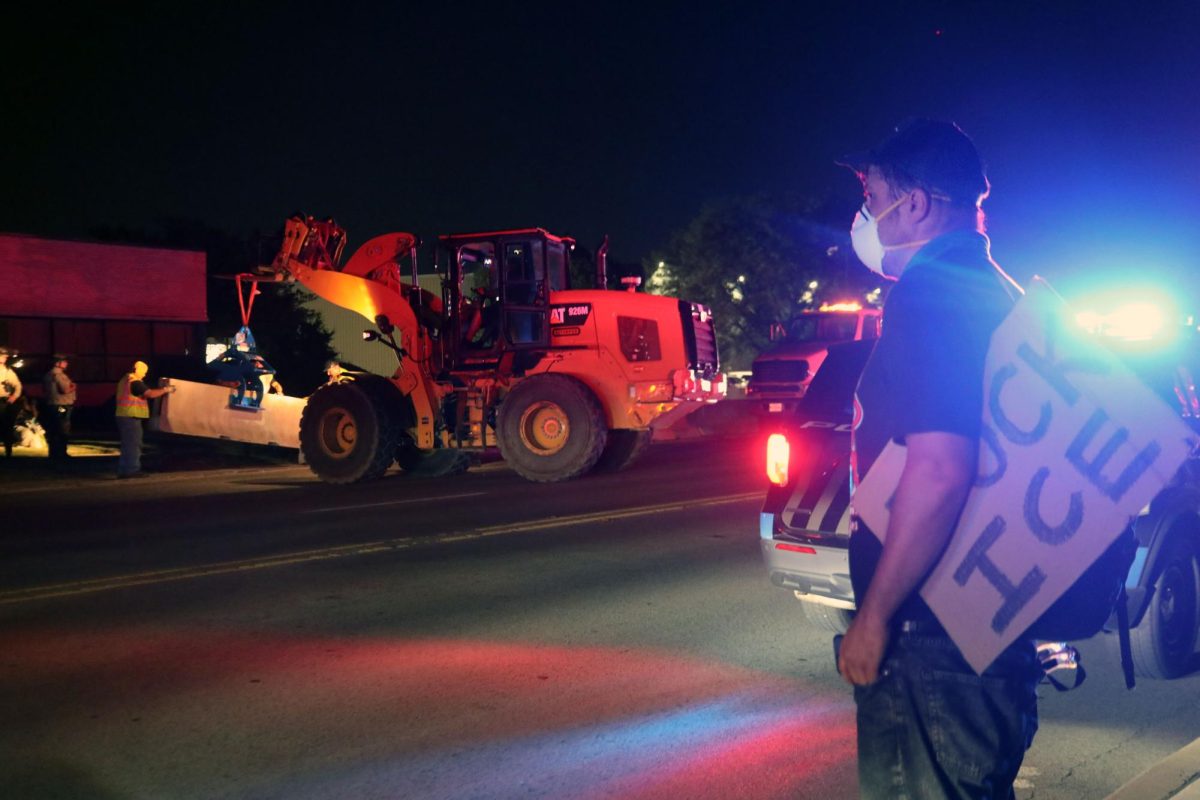
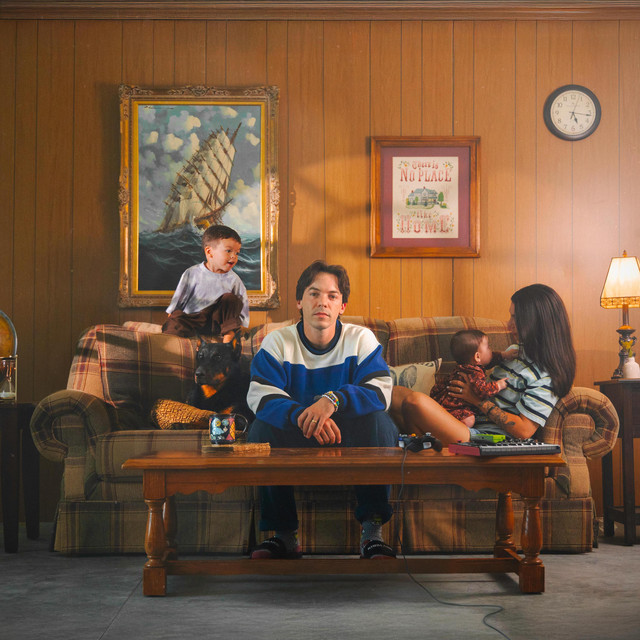
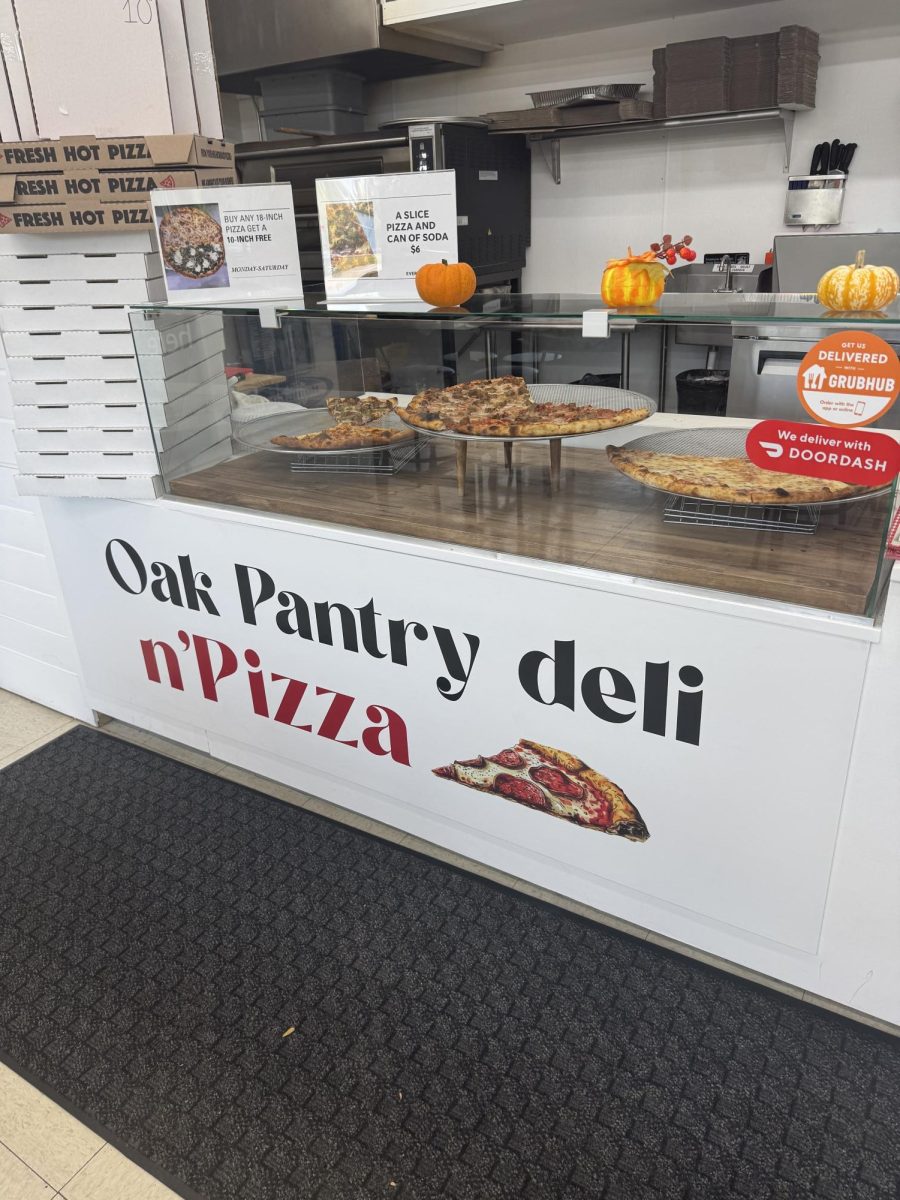
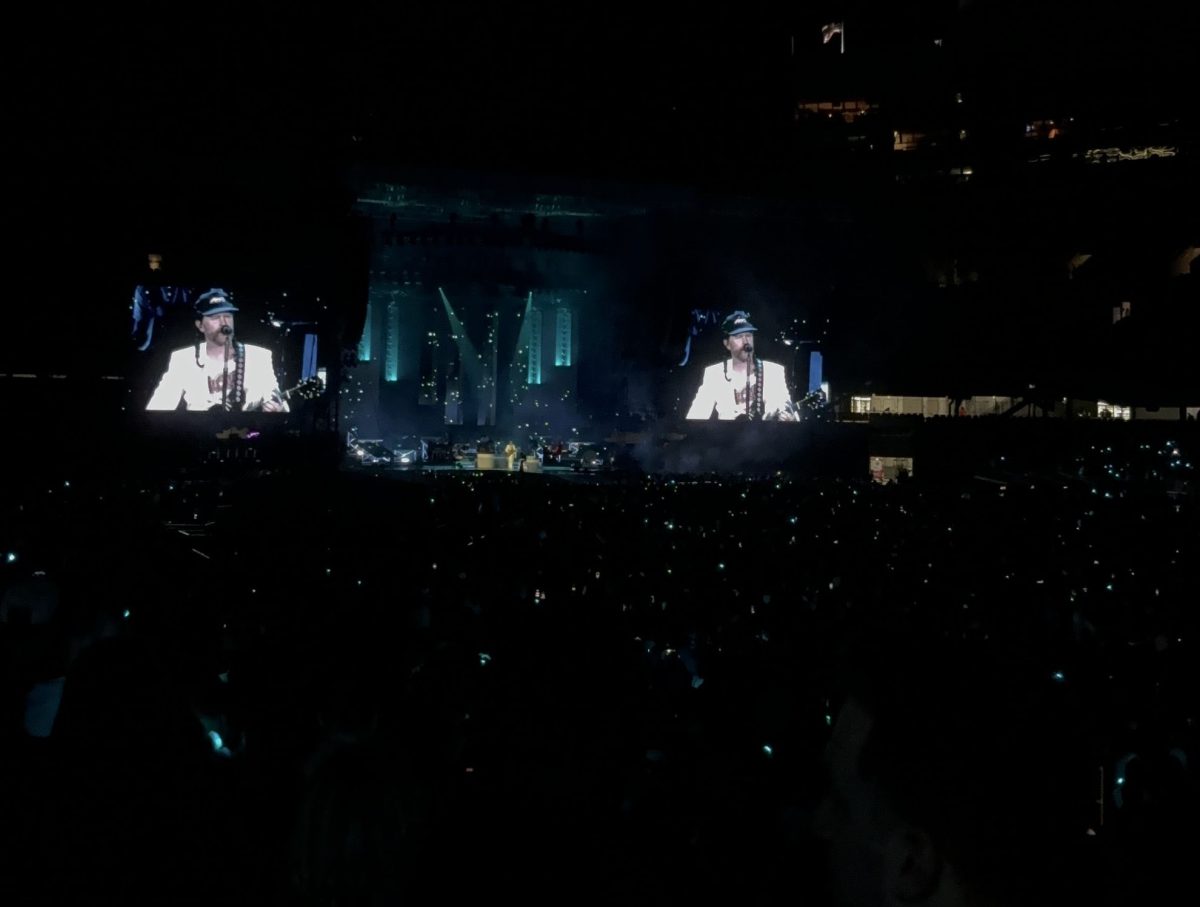
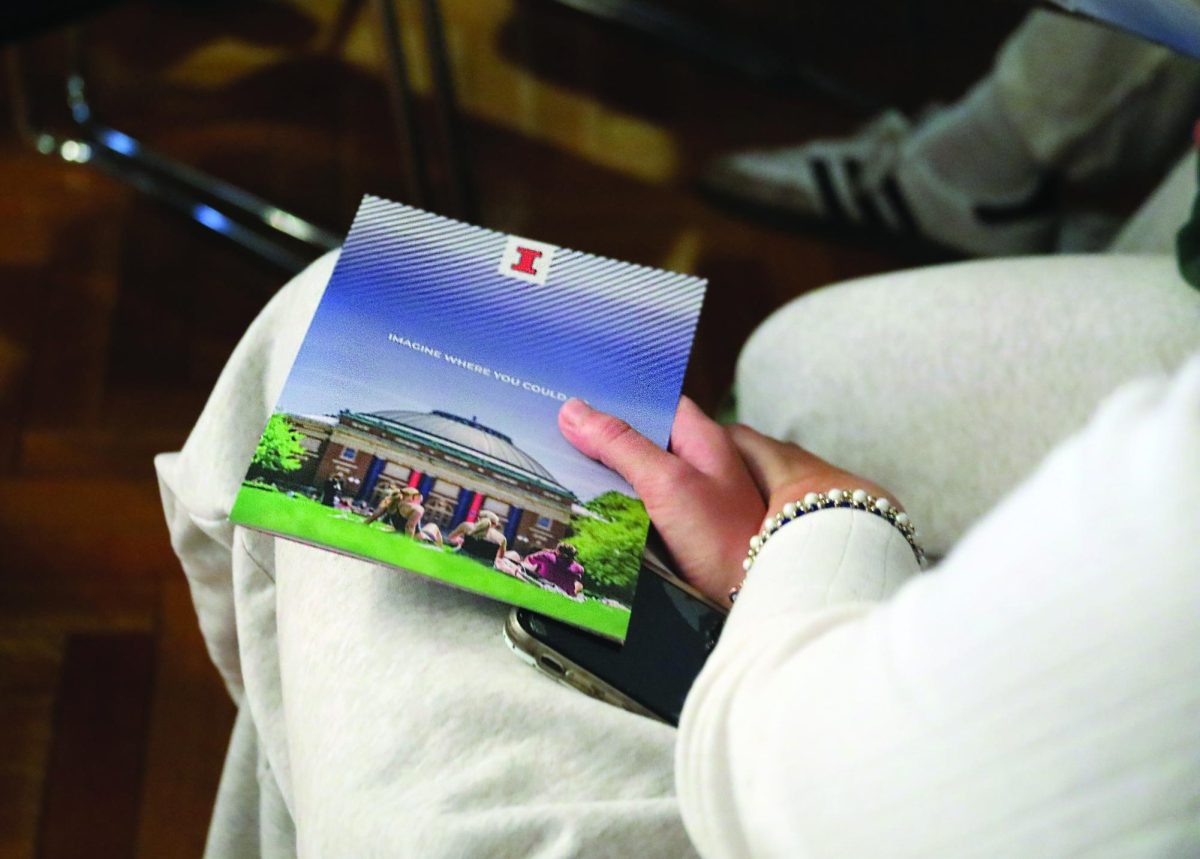
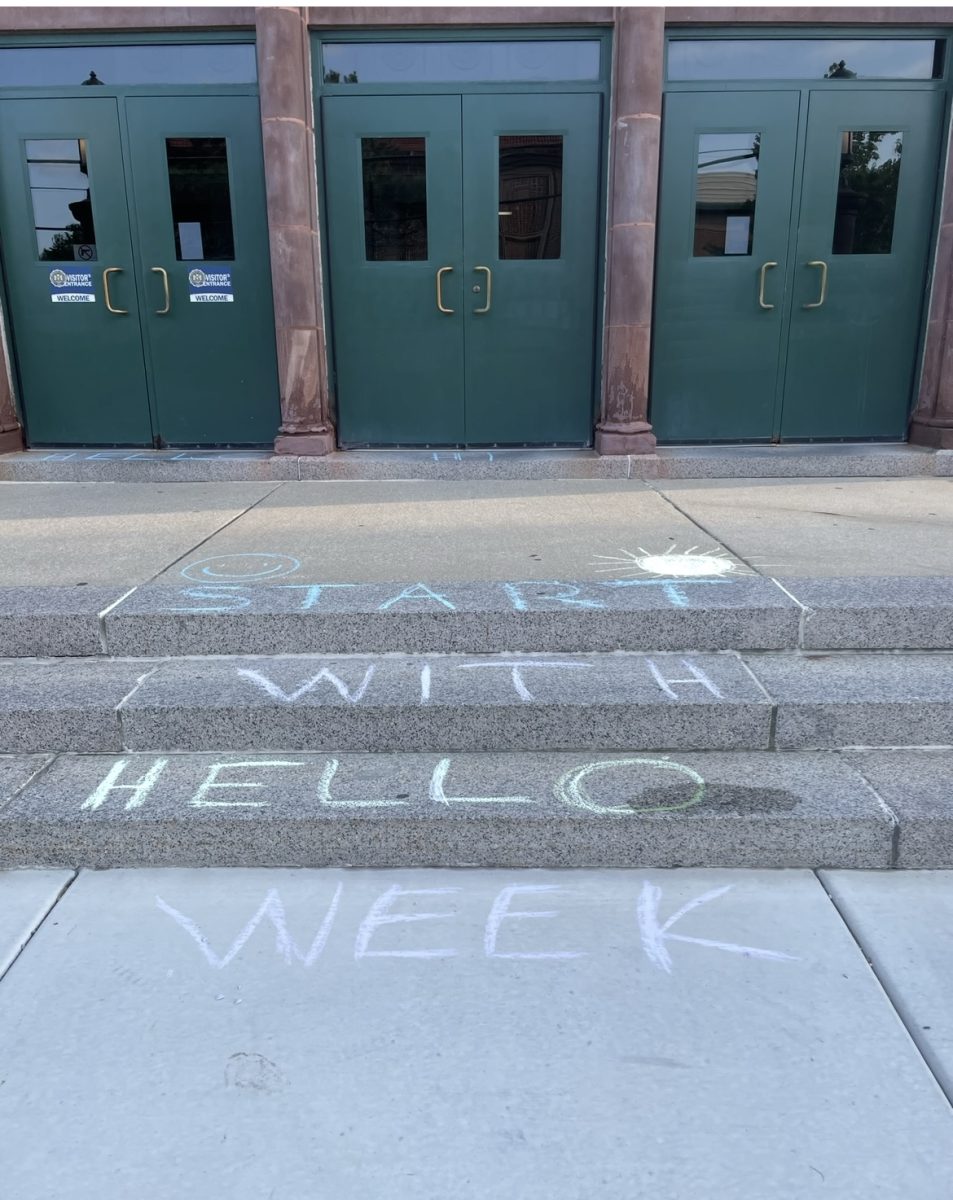
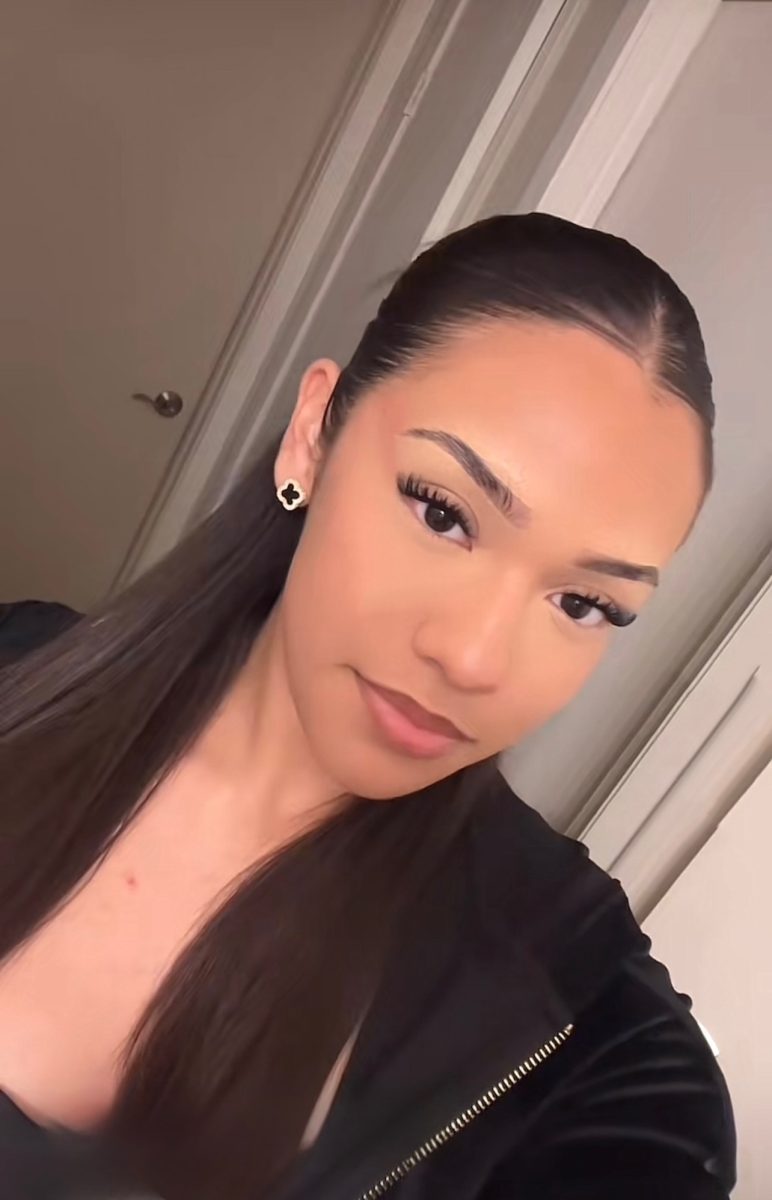
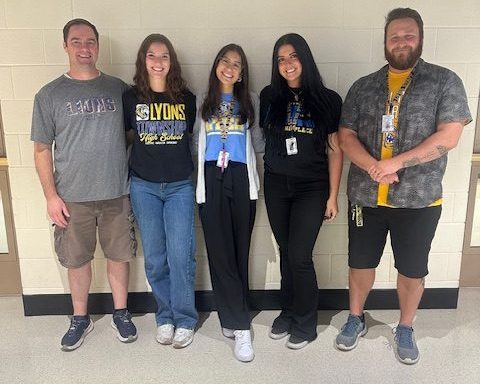
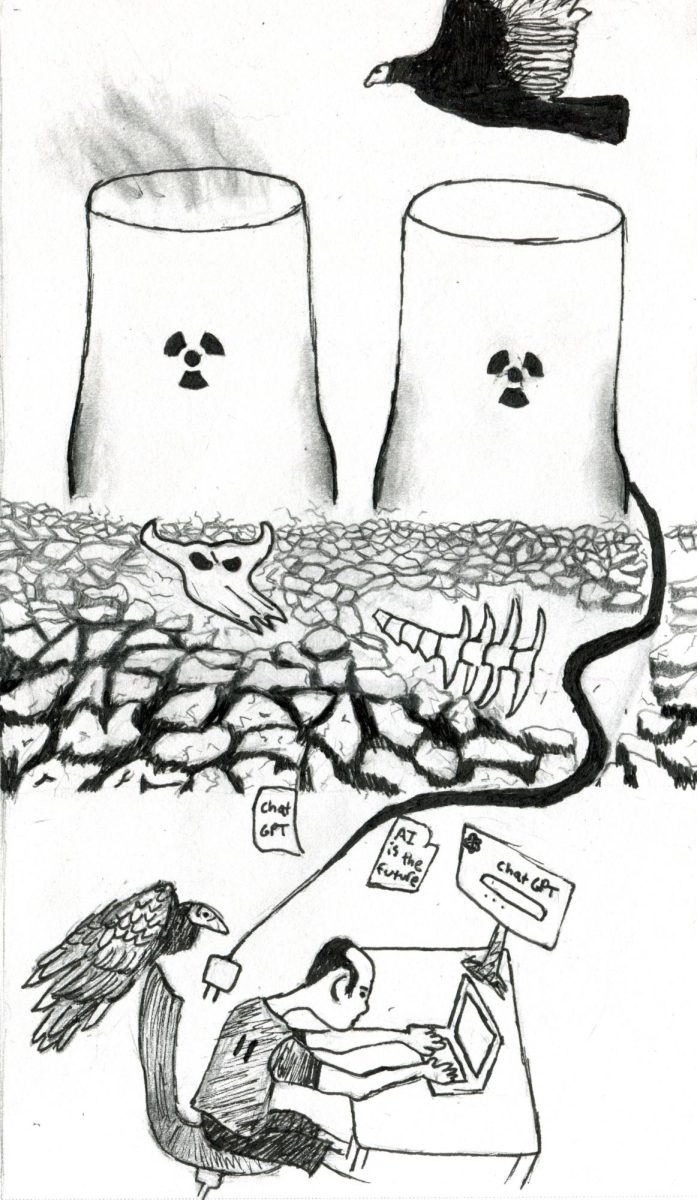
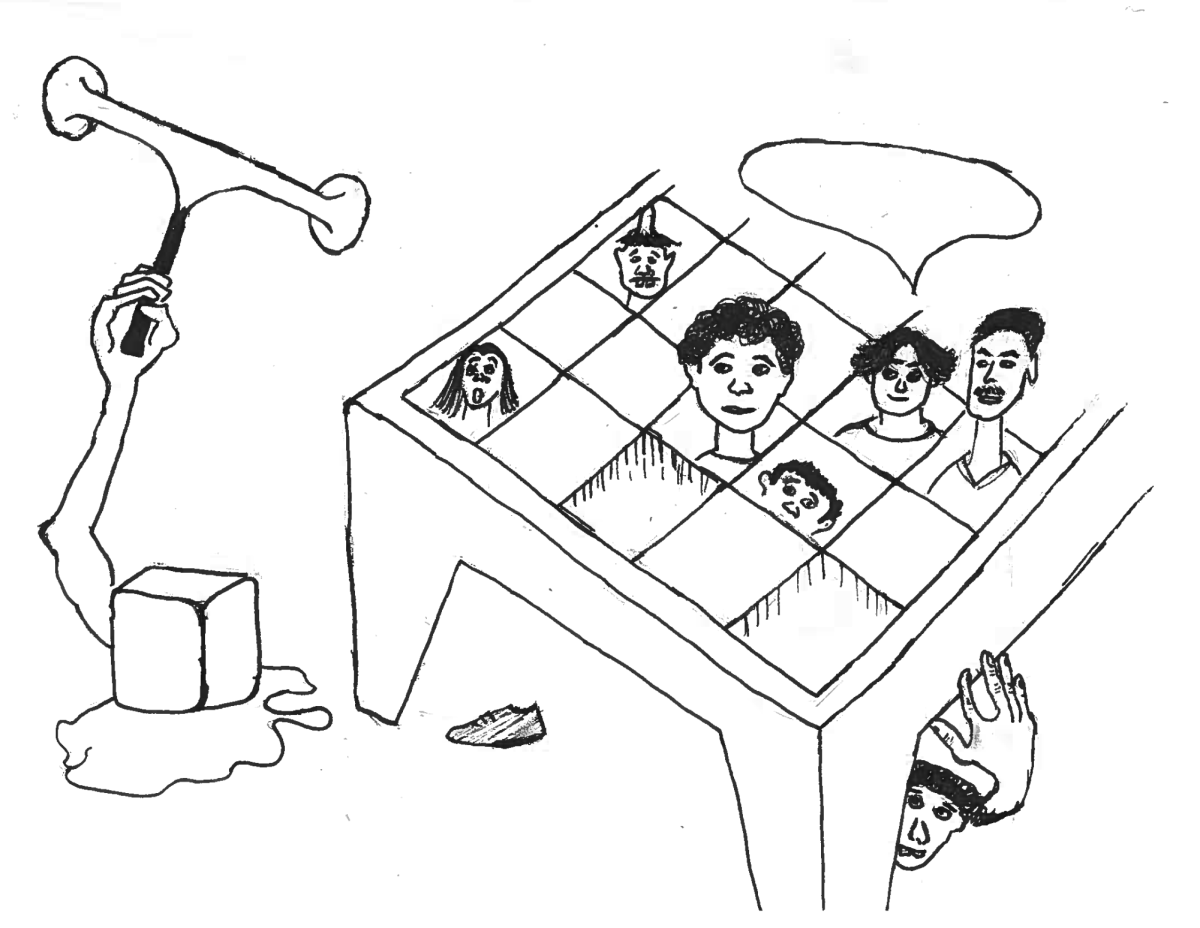
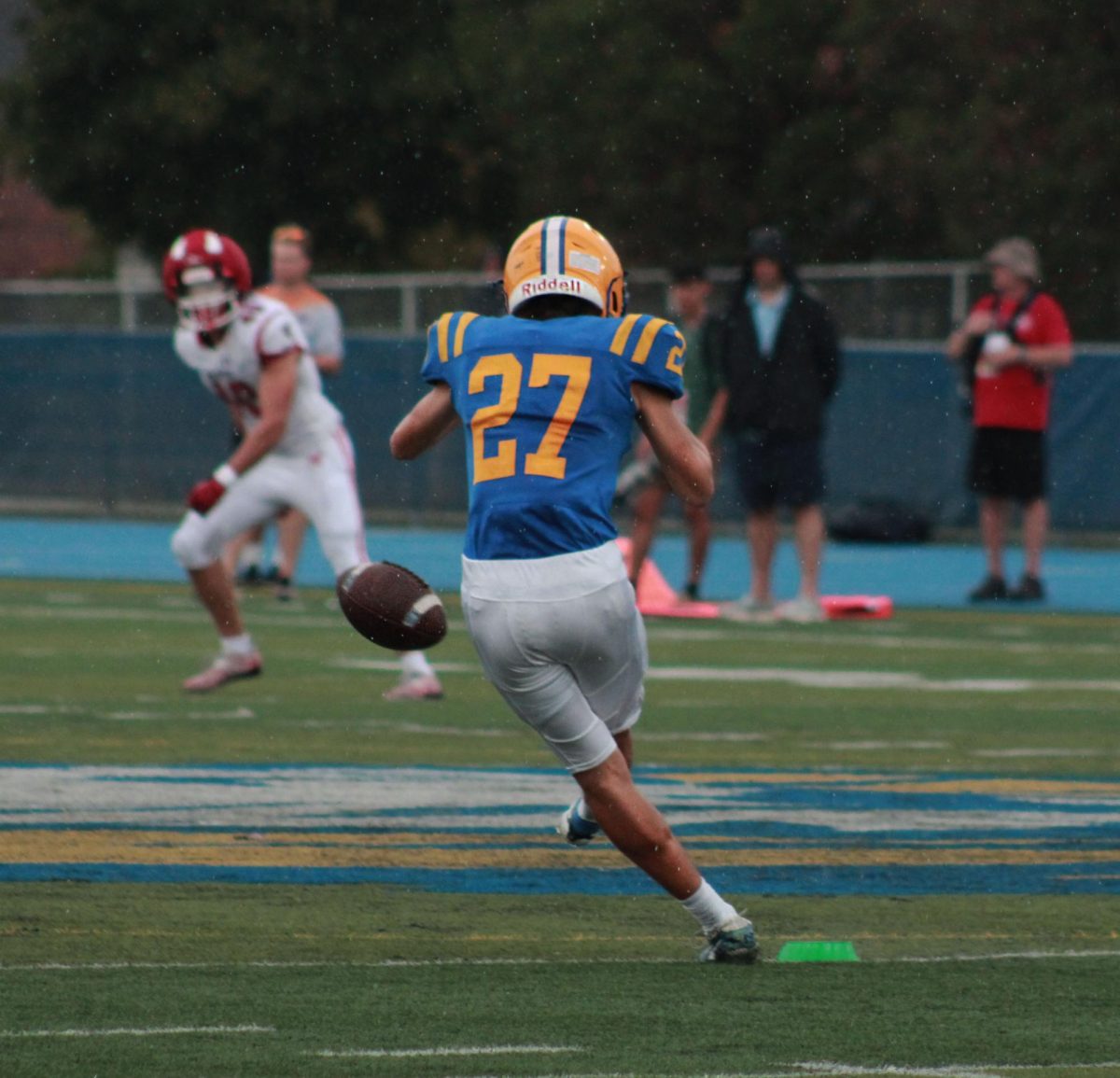
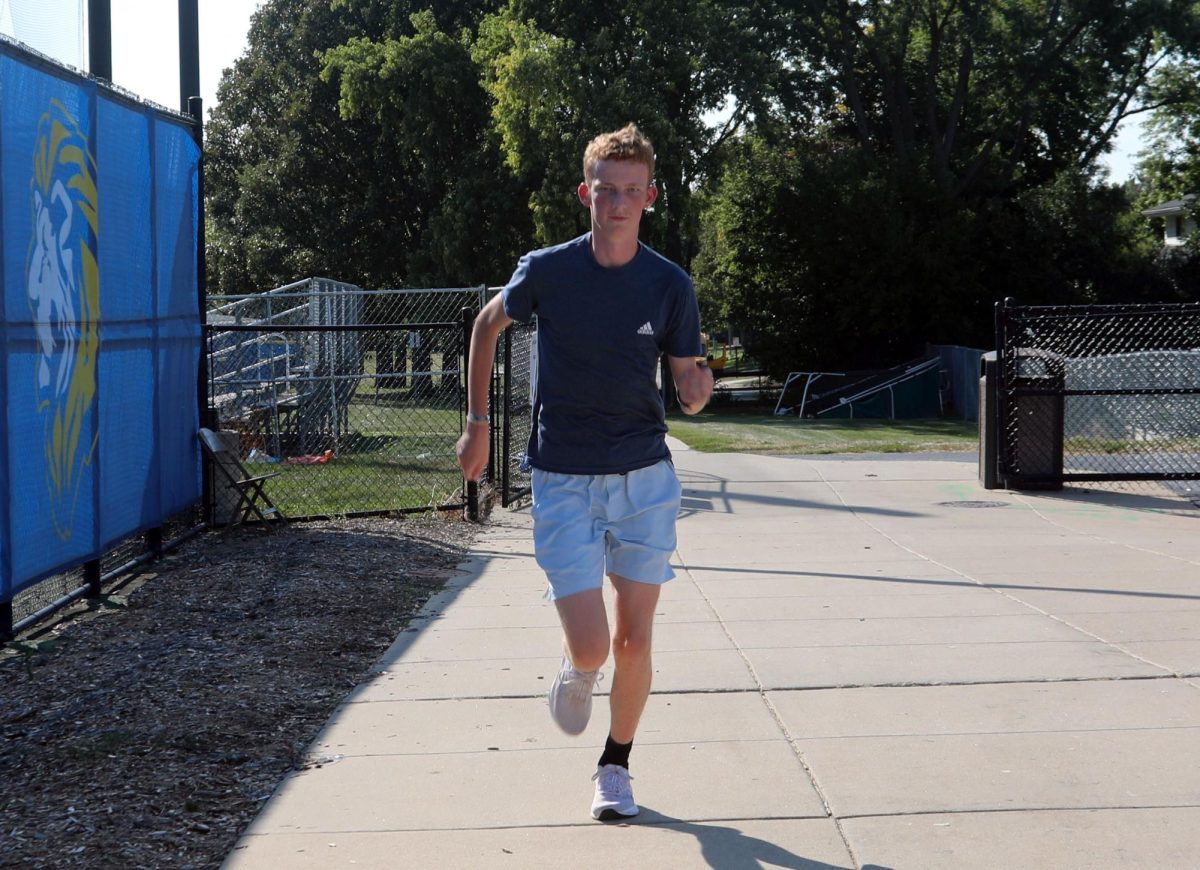



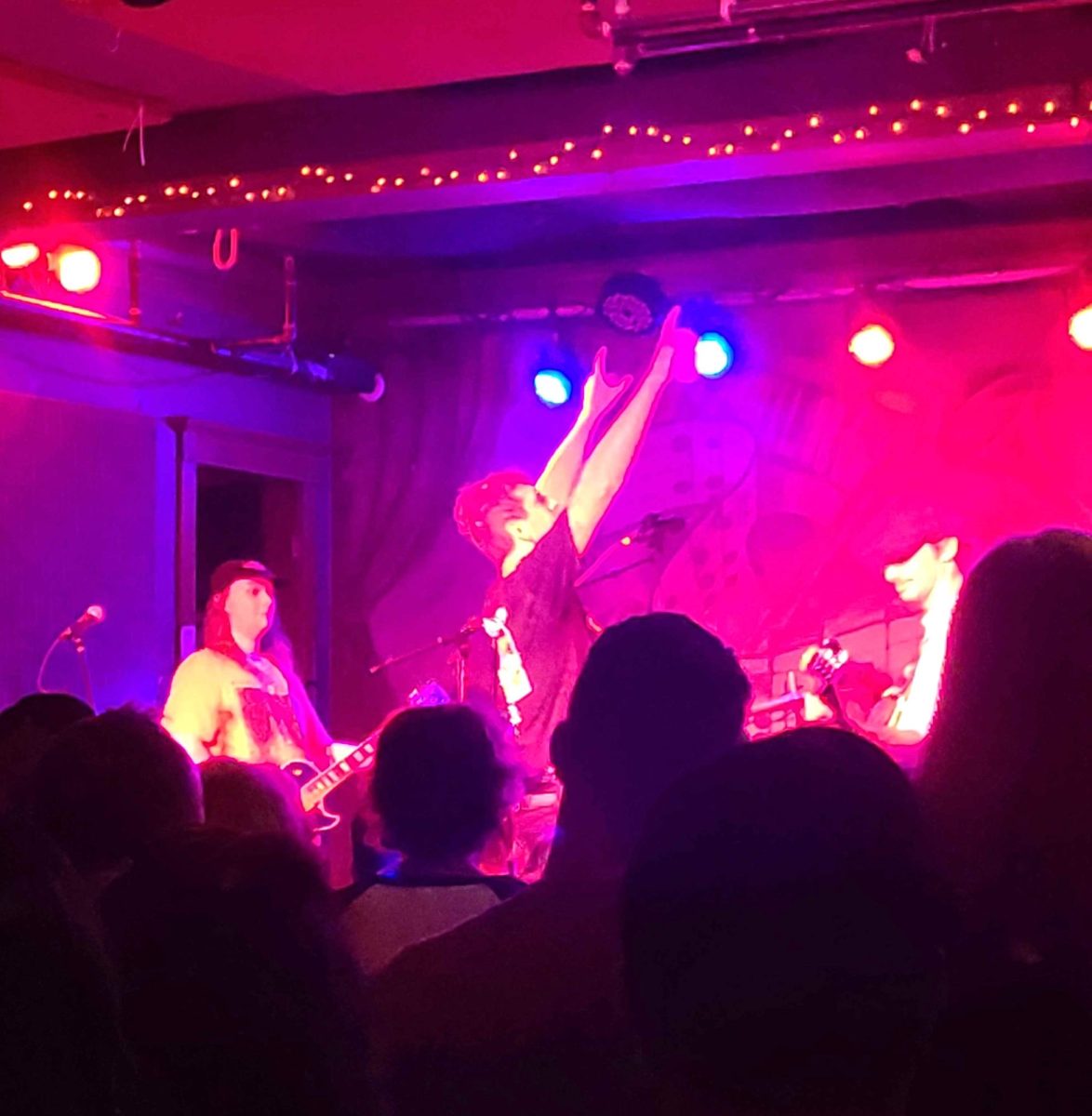
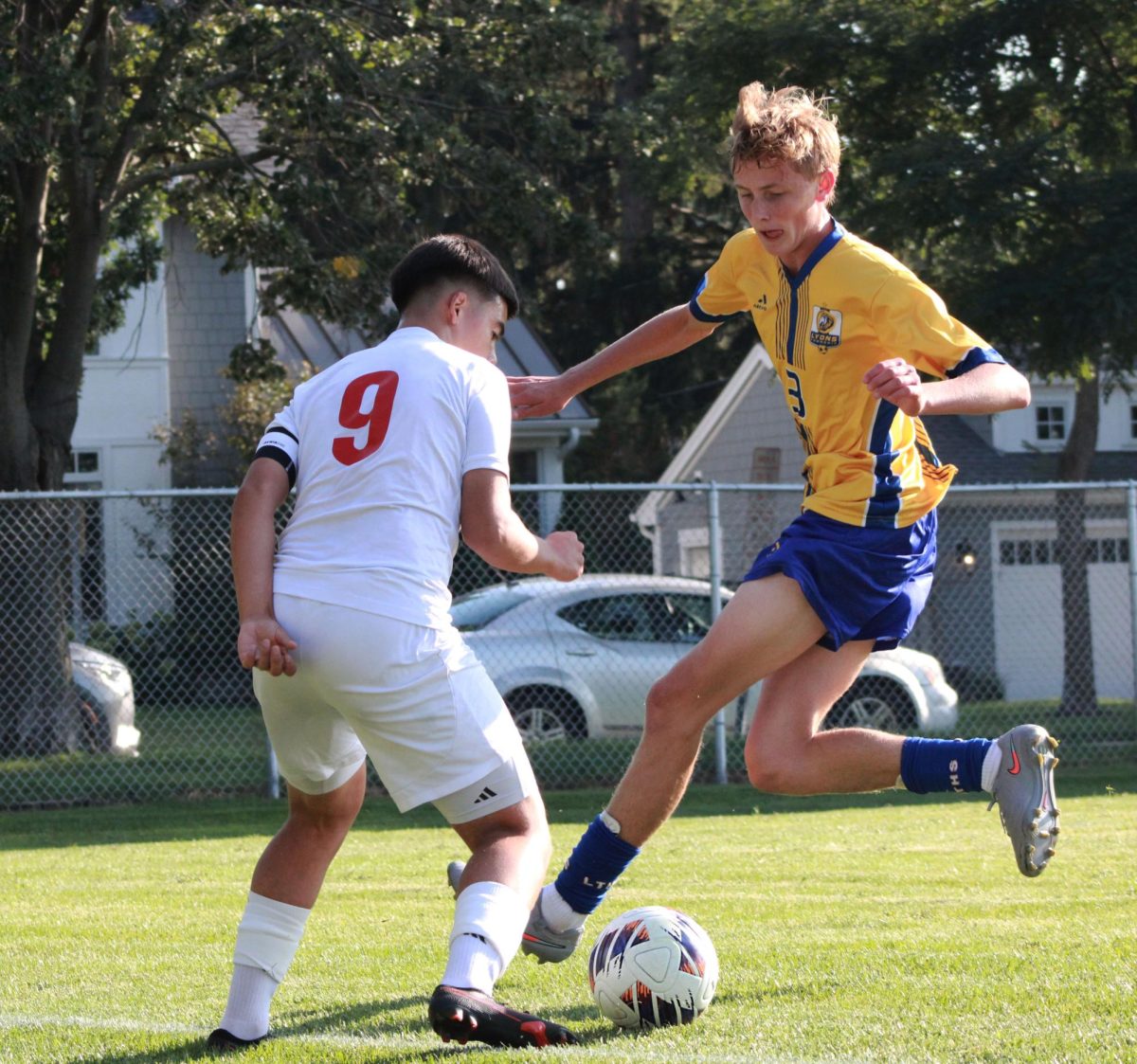
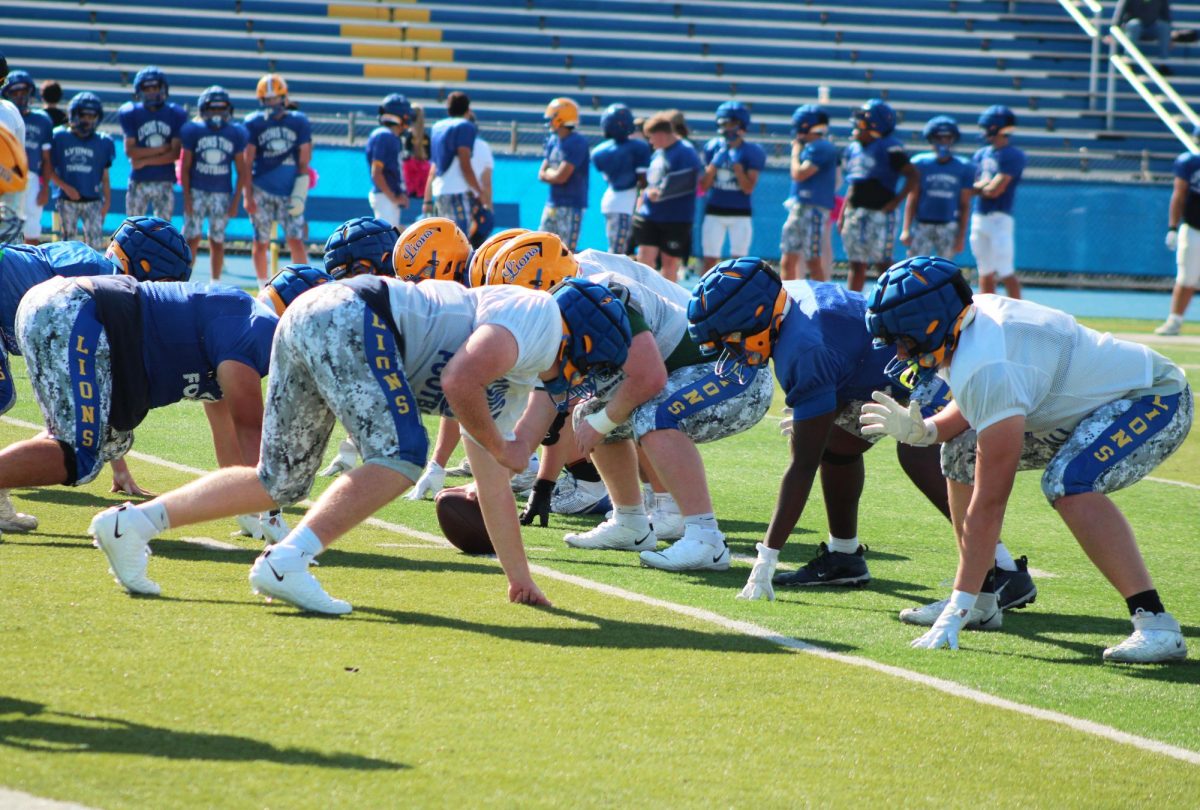
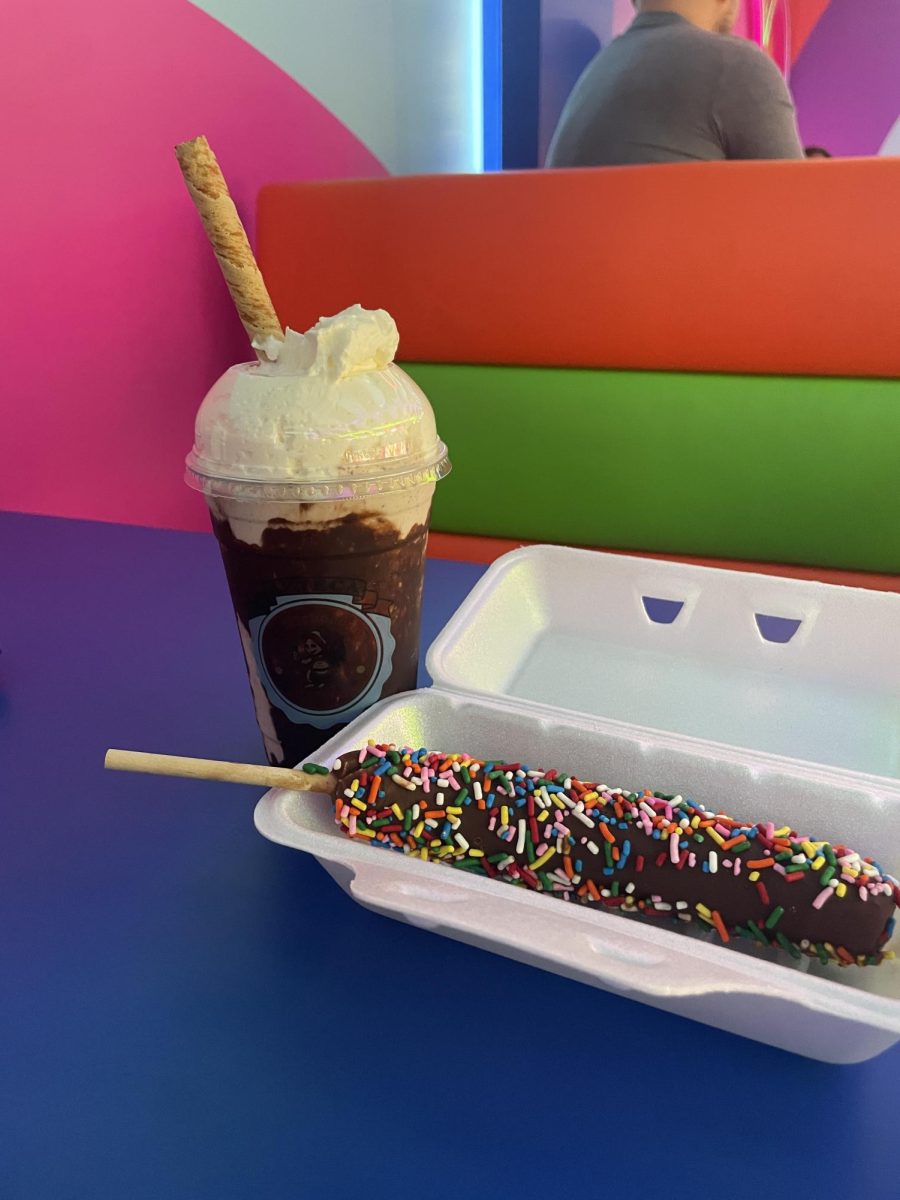
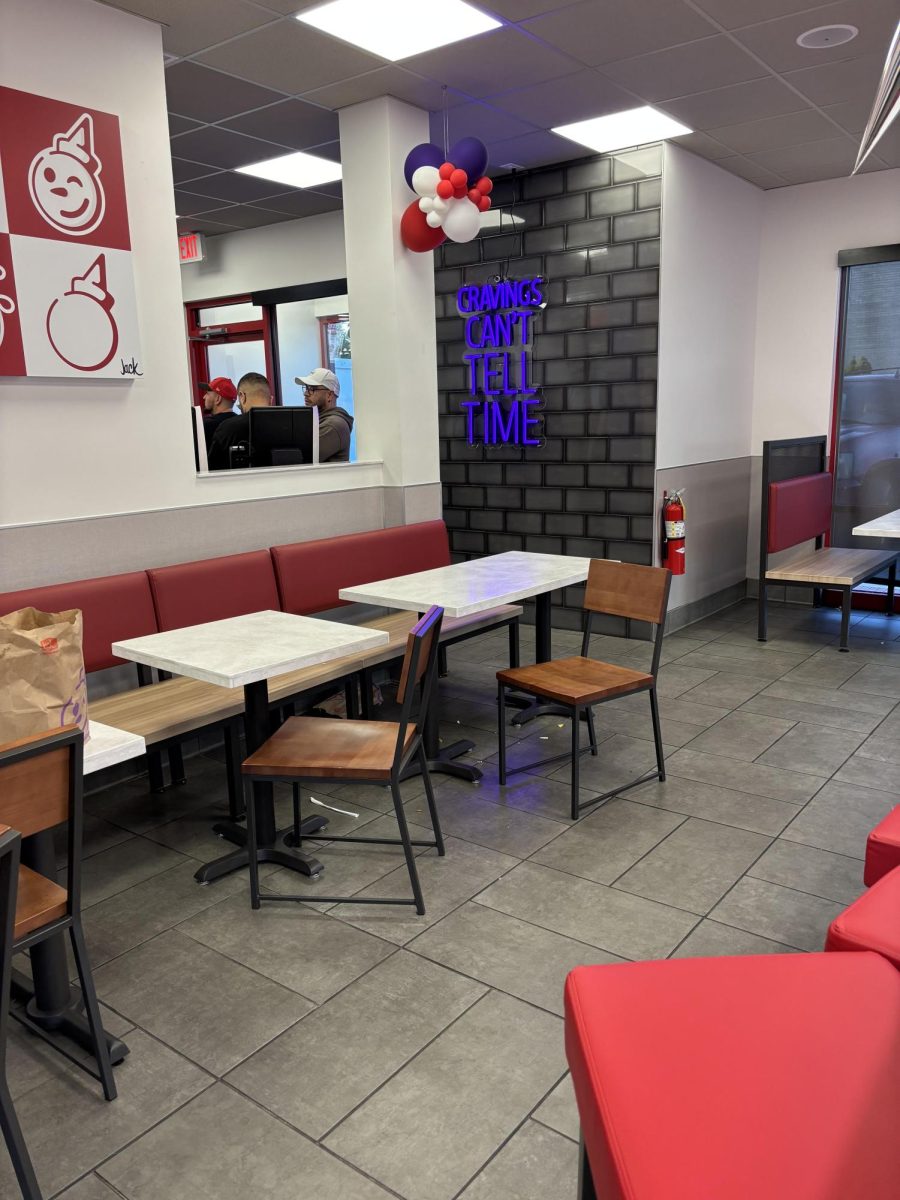


![Movie poster for '[Rec]" (2007).](https://www.lionnewspaper.com/wp-content/uploads/2023/04/rec-640x900.jpg)


